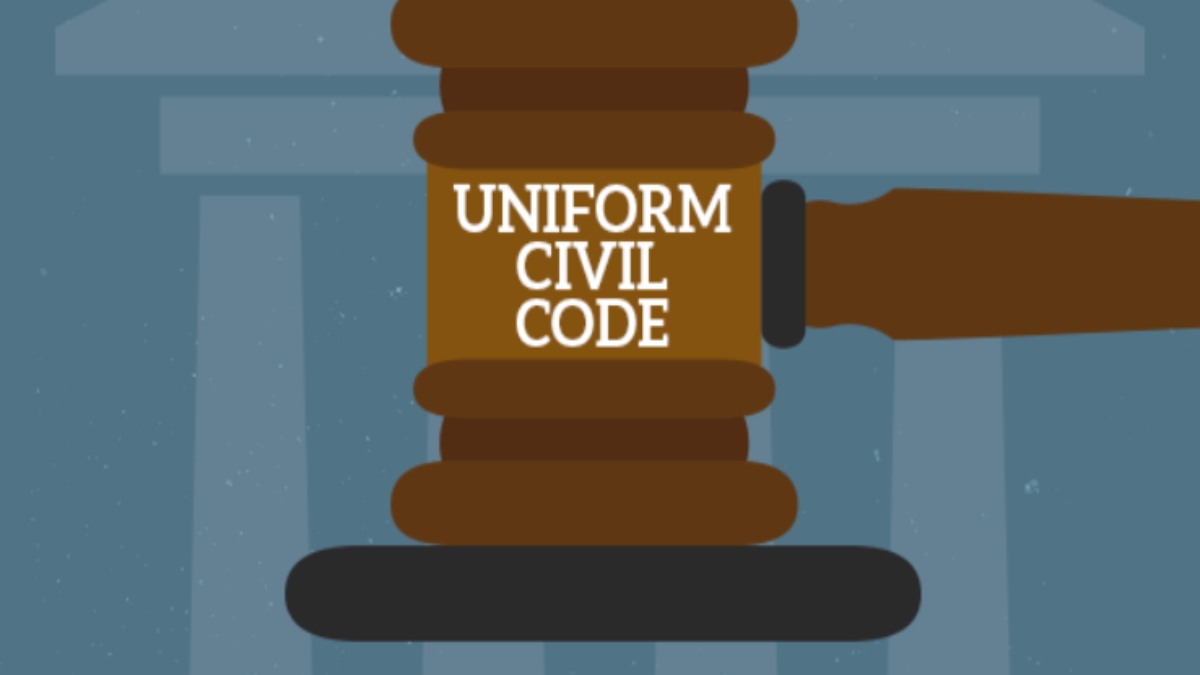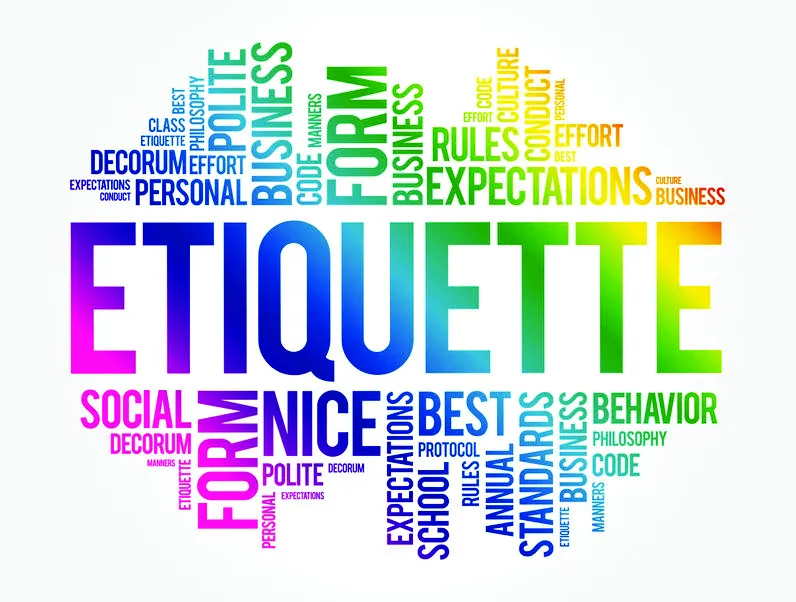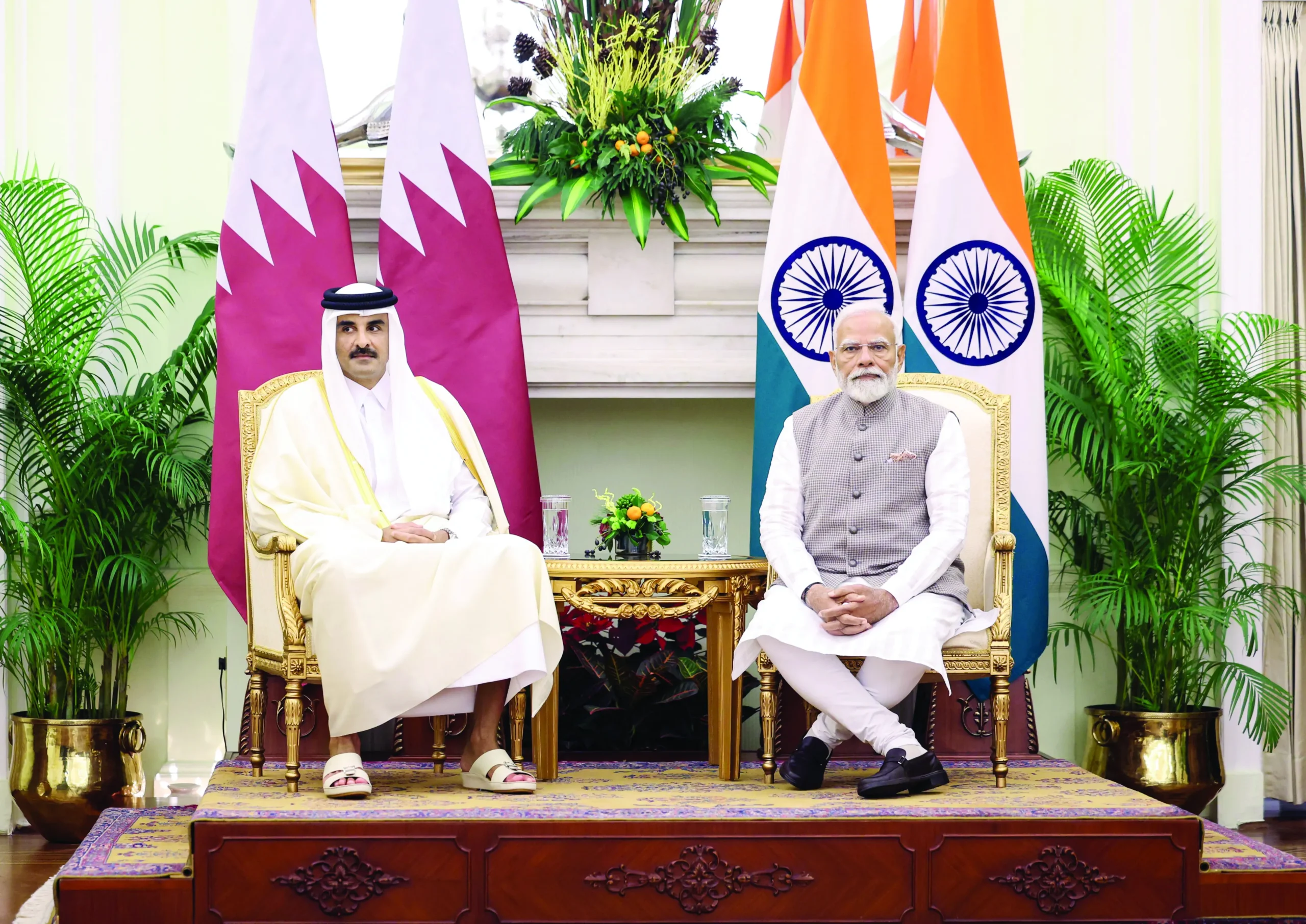The recent Hijab controversy brought Uniform Civil Code (UCC) back into focus. The pro-Hijab lobby tried every trick in the book to support Hijab inside classrooms, under the guise of personal choice, religious practice, privacy and more. It is not the State’s job to dictate what citizens should eat, how they dress and how they conduct their personal business, argued this pro-Hijab lobby. Well, while it is not the State’s job to regulate personal decisions and individual liberty,the State can do what it deems fit in the interests of public order, morality and health. No fundamental right is absolute and every right comes with reasonable restrictions and certain dos and don’ts.
The Hijab controversy exposed the ugly side of left-fascists and radical Islamists who, under the garb of freedom to practice one’s religion granted under Article 25, wanted to challenge the basic tenets of the Indian Constitution. Had UCC been there, this pro-Hijab lobby would have never dared to tom-tom personal laws as a means to arm-twist the State, to its bidding. It is another matter altogether though, that this lobby lost out in the Karnataka High Court, which upheld the Hijab ban in classrooms.
In another case in 2018, (Fathima Tasneem v State of Kerala) the High Court of Kerala held that the collective rights of an institution would be given primacy over the individual rights of the petitioner. The case involved two girls, aged 12 and 8, represented by their father, who wanted his daughters to wear the headscarf as well as a full-sleeved shirt. The school that refused to allow the headscarf was owned and managed by the Congregation of the Carmelites of Mary Immaculate (CMI) under CMI St Joseph Province.The Court ruled in favour of the school and held that the petitioners cannot seek the imposition of their right as against the larger right of the institution. The Court held that it was for the institution to decide whether the petitioners could be permitted to attend the classes with the headscarf and full sleeve shirt. It was further also held that it was purely within the domain of the institution to decide on the dress code and the Court cannot direct the institution to consider such requests. It is noteworthy that the European Court on Human Rights, for instance, had upheld a ban on wearing a full-face veil in any public place in France, a few years back. The said ban was challenged by a woman professing Islam on the ground that it violated her privacy and religious freedom. The ban was defended by the French government on grounds of public safety and on grounds of gender equality, human dignity and the minimum requirements of life in society. The Court upheld the ban on the ground that the only legitimate aim of the ban was to guarantee minimum requirements of “living together” in society.
In Germany, compulsory mixed swimming lessons in schools were challenged by parents of young Muslim girls on several occasions before the Courts. The Courts time and again upheld such stipulations of mixed swimming lessons for girls and boys by holding that this was a social norm in Germany and a way of life. Similar issues relating to mixed swimming lessons were also brought before the Federal Supreme Court of Switzerland which also took a similar view upholding mixed swimming lessons. It cited the need for integration, social cohesion and a harmonious society.
Essence of secularism implies removing any trace of religion from family laws. A uniform civil code UCC needs to be implemented at the earliest to keep India’s diverse moral fabric intact. After the Sepoy Mutiny, while the Britishers left various personal laws unchanged — the Indian Christian Marriage Act of 1872, the Indian Divorce Act of 1869, the Married Women’s Property Act, the Hindu Inheritance (Removal of Disabilities) Act of 1928, the Special Marriage Act of 1923 and subsequently 1954, the Parsi Marriage and Divorce Act of 1936 and eventually the Hindu Marriage Act of 1955, were enacted to codify personal laws of various communities, pertaining to issues of marriage, succession, guardianship and maintenance.
Muslim radicals, however, resisted changes to their personal laws, leading to the Shariat Application Act of 1937. However, the Shariah was never codified, and hence, its legal standing tantamounts to nothing, despite the hullabaloo by the All India Muslim Personal Law Board (AIMPLB), which in any case, is simply another NGO with no legal sanctity, set up under the aegis of Indira Gandhi in 1973, for minority appeasement.
Also, the AIMPLB is primarily a Sunni Muslim body and does not represent Shias, Bohras or Ahmadiyya Muslims. Hence, what it says is hardly representative of the broader Muslim opinion. The Dissolution of the Muslim Marriages Act of 1939 in India, which gave recourse to legal help to Muslim women, too, remained a non-starter, thanks to many self-seeking ulemas and maulvis who wilfully wanted to subjugate Muslim women by misinterpreting Sharia for their vested interests. Ancient India’s civil codes have progressively evolved over centuries from the Vedas and Manusmriti, which are a comprehensive set of sermons and smritis by Manu, Bhrigu, Yajnavalkya and Narada, on human duties, rights, laws, virtues, inheritance and other aspects of ethics as applied to various sections of Hindu society. Regressive traditions, like polygamy, sati, child marriage, dowry and female infanticide stopped having legal or moral sanction in India or in Hindu customs, eons back. The moot point here is that most Hindu laws have also been applied to Jains, Buddhists and Sikhs, with the exception of Scheduled Tribes, over the last several decades. If Hinduism can evolve and change and become more progressive what is stopping Muslims from doing likewise? Why this blindly illogical opposition to the UCC?
While other communities, ethnic and religious groups realised the omnipotence of the Indian Constitution and the Indian Penal Code in the post-colonial period, patriarchal Muslim men were the only ones who refused to change with changing times, under the garb of Shariah. Much of the Shariah today owes its allegiance to radical schools of thought like Hanbali, Maliki, Shafi’i and the Hanafi school of thought, which was the governing diktat between 1664-1672 for the likes of Emperor Aurangzeb and other bloodthirsty Muslim invaders thereafter. Needless to add that the Supreme Court declared instant triple talaq as unconstitutional on August 22, 2017. The Narendra Modi Government’s righteous efforts to make instant triple talaq a punishable crime as per provisions of the Muslim Women Protection of Rights in Marriage Act, 2017, were stalled by the Opposition in the Rajya Sabha on January 3, 2018, and again on August 10, 2018, on flimsy grounds. But finally the Modi government ensured a ban on the horrific practice of instant triple talaq which was abetted by radicalised maulanas and maulvis under the garb of personal laws. How can an inhuman practice be justified as a matter of “personal freedom”? Had UCC been there,instant triple talaq would have become history,much earlier but Congress Party which ruled India for the longest time,always encouraged this heinous practice,for vote-bank politics
Modi’s progressive outlook for Muslims is in sharp contrast to Rajiv Gandhi’s regressive mindset. In 1985, former Prime Minister Rajiv Gandhi destroyed the confidence of India’s Muslim women by overturning the Supreme Court’s 1985 verdict and denying Shah Bano, a hapless Muslim divorcee, amere monthly alimony of Rs 179. Criminalising triple talaq set the stage for a Uniform Civil Code (UCC), which in any case has been provided for under Article 44 of the Directive Principles. But since these principles are not legally enforceable, a suitable law is long overdue. Those who oppose UCC on the frivolous pretext that it will end India’s diversity and plurality, should know that family laws can never override the Constitution, which is the country’s only Holy Grail that is both legally tenable, and the one that has and always will, stand the test of time. Personal laws were, are and will always be subservient to the Constitution. Hence those who challenge UCC, are in effect challenging the very sanctity of the Constitution, which is unpardonable.
The case for the UCC was amply demonstrated by Justice Kehar and Justice Chandrachud, when a PIL by Catholic advocate Clarence Pais, who wanted divorce granted by Church courts to be held legally valid, was junked by the apex court in January 2017. The Court categorically stated that despite Christian marriages being solemnised by a parish priest in the Church as per the ‘canon law’ (Christian Personal Law), when it came to divorce-related matters, only divorce granted by courts under the Indian Constitution and under the Indian Divorce Act of 1869, are legally valid. Family laws or Church courts have no place in a democratic society if such personal laws interfere with the basic tenets of the Indian Constitution or relevant parliamentary legislations contained therein.
The fact that personal laws run subservient to the Constitution had in any case been decided way back in 1996 in the divorce battle between Molly Joseph and George Sebastian and the 2017 judgement against Clarence Pais, only reaffirmed the 1996 verdict. Be it making Christian divorce laws ‘gender equal’ in 2001, or amending Hindu succession laws in 2005, if there can be a common criminal code, there is absolutely no reason why India should not have a common civil code.
Coming back to Muslim personal laws,it is inexcusable how some Muslim men tried for decades to mitigate the talaq-e-biddat practice as just a mundane civil matter, whereas the truth is,this archaic practice blatantly flouted Article 21 of the Constitution, which guarantees the ‘Right to Life, Liberty and Security’.The case for archaic Muslim personal laws got diluted in a significant manner when the apex court, in a two-judge bench ruling in 2015, said that Muslim women are entitled to maintenance beyond the iddat (roughly three months) period while hearing a case. It also upheld a previous Allahabad High Court judgement, stating that “polygamy was not an integral part of religion”. Earlier too, it gave Muslim women the right to legally adopt children, even though this goes against their personal law.
The problem, however, in the absence of an UCC, is that justice has to be served on a case-by-case basis, which is both impractical and time-consuming, whereas having a common civil code would remove the need to look at each case on its individual merits or demerits and ensure quicker justice. Also, very often, many victims from the minority community, or otherwise, have no access to lawyers and the courts and having a uniform civil code will be a huge boon for such women who can expect and get justice as a matter of right because it is legally ordained, via a codified law under the UCC, without having to run to the courts each time to make a case for an individual plea where they have been wronged.
There are many who claim that UCC is not the solution and that change should come from within but that is a hopelessly futile argument. If indeed the change had to come from within, over 477 cases of talaq-e-bidat and maybe more, which were reported after the apex court had on August 22, 2017, in a majority judgement, already declared this practice as unconstitutional, would not have happened, to start with. Hence it is important and imperative to have legal deterrents in place as civilised societies work within legal frameworks and not on flaky “goodness from within” assumptions. The reason one keeps coming back to Muslim personal laws as a reference point is only because each time the UCC debate comes up, Parsis, Sikhs, Jains, Christians or any other religious community, never has any grouse or grievance. Even progressive Muslims do not have a problem with UCC. The only people that have a problem with UCC are the hardliners or radicalised Islamists, who justify gender discrimination and inhuman personal laws under the guise of personal freedom and liberty.
An argument often cited against UCC by Muslim religious fanatics is that the government should first do away with polygamy practised by some tribal communities and tax exemptions that are availed by Hindu Undivided Families (HUFs). Well, the counter-argument is simply this — the government of the day has enough powers under the Constitution, to decide what and how to legislate upon, in terms of priorities and comparing tax exemptions granted to a section of the society with a regressive social evil, is as bizarre as it can get. It is both amusing and ironical that the biggest opponents to the UCC, apart from radical Islamist fanatics are leftists, left leaning media and academia, who espouse the cause of liberal values and equality on one hand, but on the other, want women to be caged inside the Hijab. And all this, under the garb of “personal laws” makes it even worse.
In the final analysis, a judgment relating to two warring parties of the Meena tribe, dated July 7, 2021, by a single judge bench of Justice Pratibha Singh of Delhi High Court, best sums up the need for a UCC where Justice Singh says–“In modern Indian society, which is gradually becoming homogenous, the traditional barriers of religion, community and caste are slowly dissipating. The youth of India belonging to various communities, tribes, castes or religions who solemnise their marriages ought not to be forced to struggle with issues arising due to conflicts in various personal laws, especially in relation to marriage and divorce.” In short, UCC is an idea whose time has come and only a tall leader with a towering stature like that of Prime Minister Narendra Modi can execute this progressive idea. UCC is not about destroying diversity or plurality. It is only about ensuring uniformity and strengthening our social fabric whereby personal laws are subservient to the general good in accordance with the time-tested democratic ethos of the Indian Constitution.
The Writer is an Economist, National Spokesperson of the BJP and the Bestselling Author of ‘The Modi Gambit’. Views expressed are the writer’s personal.























